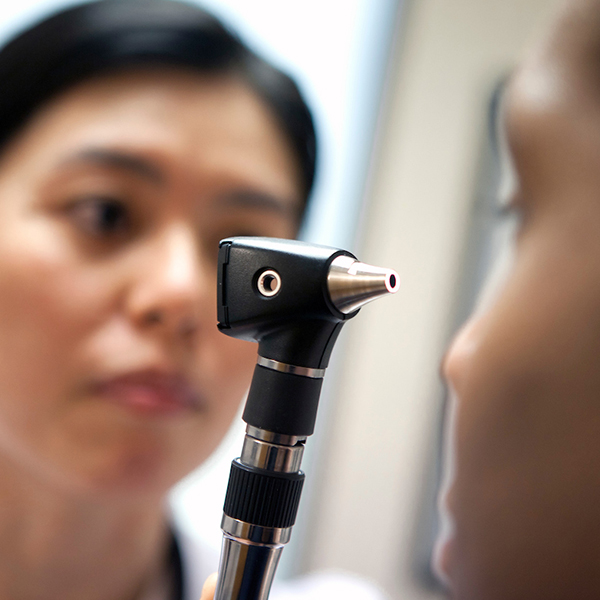Insomnia
Overview and Facts about Insomnia
Insomnia is a common sleeping disorder. People with insomnia often have trouble falling asleep or staying asleep. If you have insomnia, you may also feel groggy during the daytime.
Lack of sleep can put you at risk for a variety of health problems. If you're struggling with insomnia, it’s important to seek medical advice as soon as possible.
Signs and Symptoms of Insomnia
Most people have trouble sleeping from time to time. Stress, anxiety and personal problems can occasionally make it difficult to fall asleep.
However, for people with insomnia, sleeping problems aren't an occasional occurrence. Instead, they may have trouble sleeping most nights.
Symptoms of insomnia can include:
- Feeling tired during the day
- Trouble falling asleep
- Waking many times in the night
- Waking too early
Causes and Risk Factors of Insomnia
If you have trouble sleeping, your doctor may diagnose you with primary or secondary insomnia:
- Primary insomnia occurs when your insomnia isn't related to any other health conditions
- Secondary insomnia occurs when your sleeping problems are due to another health condition
It's also important to understand the difference between acute and chronic insomnia. Acute insomnia often occurs over a short period of time.
It can be triggered by stress, illness, medications or environmental factors. Acute insomnia usually resolves on its own.
Chronic insomnia can last for many months or years. This type of insomnia is often linked to long-term medical conditions like mental illness or chronic pain.
Tests and Diagnosis of Insomnia
Your doctor will usually make a diagnosis after reviewing your symptoms and asking about your sleeping patterns. There are no special tests to identify insomnia, but your doctor may order several tests to determine what is causing your symptoms.
Blood tests and imaging tests can help identify many common causes of insomnia. Your doctor may also recommend a sleep test.
During a sleep test, you will be kept under observation at a specialized medical facility while you sleep.
Your primary care doctor may also refer you to a therapist or a psychiatrist for a mental-health evaluation. Many cases of insomnia are caused by anxiety, depression or stress.
A mental health professional can help determine if your insomnia is linked to one of these conditions.
Treatment and Care of Insomnia
Treatment for insomnia may depend on which condition is causing your symptoms. Your doctor may recommend prescription medications to treat any underlying medical conditions.
If your insomnia is caused by mental health problems, therapy or medication may provide some relief.
Your doctor may also suggest that you take prescription medications to help you sleep. You may be on these medications for only a few weeks or for an extended period.
Ask your doctor how long you need to take these drugs and whether there are any side effects.

Request an Appointment
Our primary care physicians care for the overall health of the whole family, providing checkups and routine medical exams. We’ve made it easy to see a Loyola Medicine primary care provider with a variety of appointment options.
Immediate Care Virtual Visits now available!
Schedule a Telehealth Appointment
